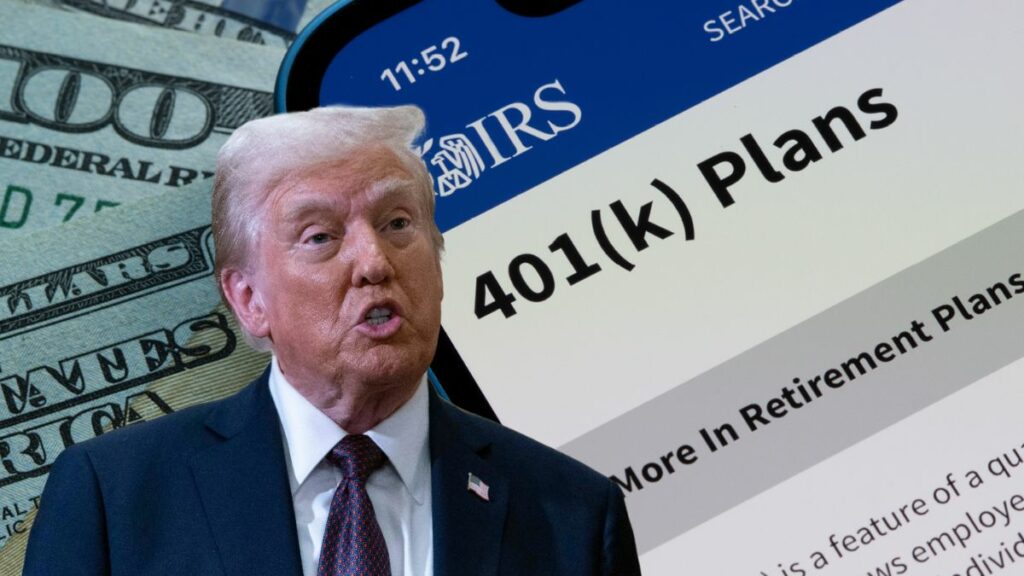TL;DR
- Trump plans an executive order to let professionally managed 401(k) plans offer cryptocurrencies, precious metals, private equity and other alternatives alongside stocks and bonds.
- Opening even a small slice of the $9 trillion retirement market to crypto could funnel billions into Bitcoin, Ethereum, and other digital assets, boosting liquidity.
- Major asset managers are racing to roll out crypto-enabled retirement products, while critics urge clear fiduciary guidelines to mitigate volatility and liquidity risks.
President Donald Trump is reportedly preparing to sign an executive order to open America’s $9 trillion 401(k) retirement market to cryptocurrencies, precious metals, private equity, and other alternative assets. If finalized, the move would mark a dramatic shift in how millions of Americans save for their golden years, potentially letting them allocate part of their retirement nest egg to Bitcoin, Ethereum, and beyond.
Executive Order Poised to Expand 401(k) Horizons
According to multiple reports, Trump could sign the directive as early as this week. The order would instruct federal agencies to identify and remove regulatory barriers preventing professionally managed 401(k) plans from offering digital assets alongside traditional investments like stocks, bonds, and mutual funds.
White House spokespeople have emphasized that no decision is official until Trump delivers the announcement himself, but have underscored his commitment to “restoring prosperity for everyday Americans.”
Unlocking a $9 Trillion Retirement Market

401(k) plans hold roughly $8.9 trillion across more than 715,000 accounts, almost exclusively in conventional funds. Allowing even a small percentage to flow into crypto could inject billions of dollars into digital asset markets, boosting liquidity and smoothing price swings over the long term. According to Trump’s plan, beyond Bitcoin and Ethereum, savers might choose allocations in gold, infrastructure funds, corporate loans, or private equity ventures.
Institutional Titans Prepare
Major asset managers, including BlackRock, Vanguard, Blackstone, and Apollo, are already lining up product offerings and forging partnerships with leading plan providers. Fidelity, for instance, debuted a crypto-enabled retirement account earlier this spring.
On the state level, lawmakers in North Carolina have proposed allowing up to 5 percent of public pension funds to invest in cryptocurrencies, and Michigan and Wisconsin retirement systems have quietly dipped into Bitcoin and Ethereum ETFs.
Innovation Meets Caution
Critics warn that exposing retirement savings to high-volatility, less-liquid assets carries risks. Digital tokens can experience rapid price swings, and private markets often come with higher fees and longer lock-up periods. To address these concerns, the executive order is expected to call for clear fiduciary guidelines and a legal “safe harbor” to protect plan administrators who offer alternative assets.










